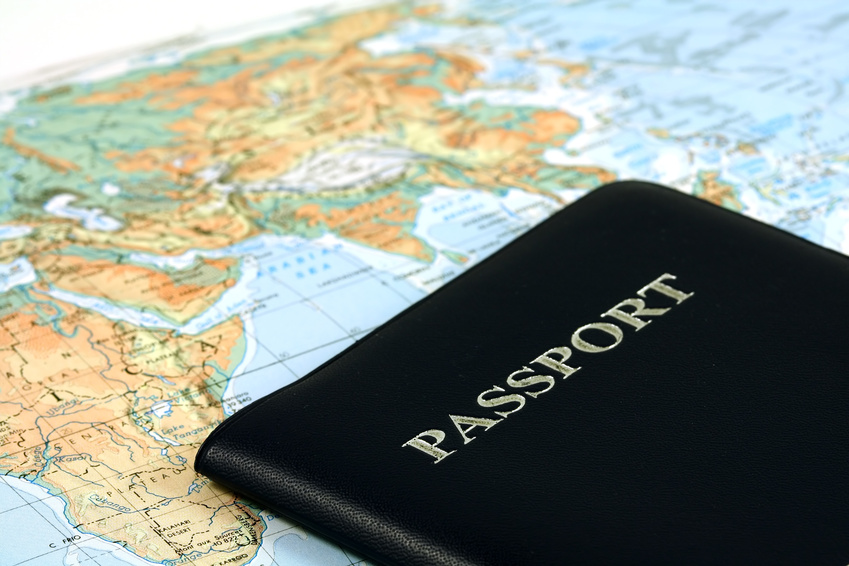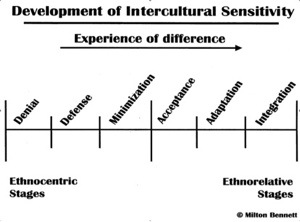 Today I want to give you a real life example of how intercultural misunderstandings can happen and what the result can be. In order not to offend anybody, let’s call the person Marie.
Today I want to give you a real life example of how intercultural misunderstandings can happen and what the result can be. In order not to offend anybody, let’s call the person Marie.
Marie, of French origin, lives and works since a couple of months in the US. She had been offered the opportunity to move there as an expat working for the same multinational company that she already worked for in Belgium. With enthusiasm she accepted the offer, being with the company over 5 years and knowing – as she thought – how the company ‘ticks’ and how the corporate culture functions.
As a matter of fact, working life in the company was not exactly how she had expected. To start with, instead of having an office, she suddenly has to share her workspace with many people, a lot of them being North Americans. Her little cubicle is dark, very impersonal but most importantly there is absolutely no privacy. Whenever she has to make a private call, for example for making a dentist appointment, others around her would comment on it, even if she would not ask them to. How was she supposed to work in such an environment, especially in strategic marketing where she had to frequently analyze figures as well as markets and write appropriate strategies?
On top of this she is not really used to walk around and engage in what she calls ‘small talk’ with people. She finds it irritating when people ask her ‘how do you do’ all the time and then don’t really care when she tries to explain how she is actually settling in. What’s the point in having ‘on the surface’ discussions, she thinks, if nobody really takes note of what she is saying.
Finally, something even more strange happened, the General Manager of the branch, actually being from Australia called for a social hour at the end of the afternoon every Friday, inviting all employees around to come by, have a soft drink and chat. How strange was that? Wasn’t she supposed to work in the afternoon? After all, the company paid her a lot of money to get her work done and not to sit around and talk….
Marie did not understand how things could be so different in the company she thought she knew and wondered whether she should not have stayed at home in Europe. She did not feel valued, had constant headaches as the noise in the open space would really get to her and she was not really willing to share her private life with co-workers who, in her sense, did not care about her as a person anyways.
How do you think Marie was perceived on the other hand by the people surrounding her? Well, people knew that she had a very good reputation and excellent results. But they thought that she was very negative, never smiled and only sat by herself at her desk. They did not understand why she did not want to talk about sports and other things which they’d normally talk about and found her reactions during conversations rather strange and awkward. They preferred to leave her alone and did not look for her company. After all, she was only a well-paid expat receiving and having access to a lot of things that they would not have for themselves.
To tell you the end of this true story, Marie in the end accepted and understood that she had to learn how to cope with these new and different aspects of her working life and that there might be different paths leading to successful outcomes, without her as a person feeling hurt or upset. Her colleagues subsequently became to know her in a different light and accepted her being ‘different’ from what they would call ‘the norm’. They found a way to effectively collaborate and to avoid misunderstandings.
This short real life case shows you, how important intercultural competence is and how valuable on one hand the preparation to a foreign assignment but also on the other hand, the on-the-job training/coaching in a different culture is.
- Walking towards intercultural competence (jennyebermann.com)
- Cultural Detective (excellent tools for training/coaching)









